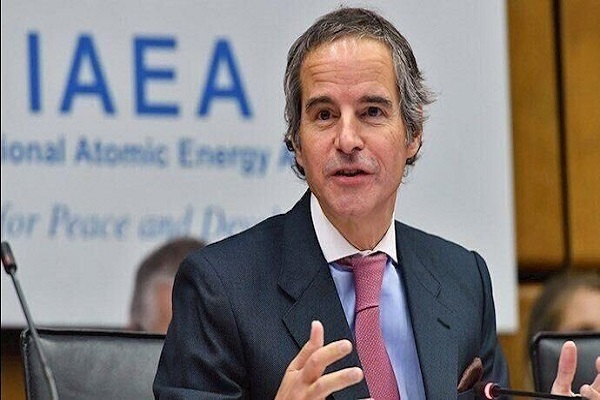
TABNAK, Dec 17: In an interview with Italy's ANSA news agency, Grossi asserted that the 2015 nuclear agreement is no longer effective and proposed the need for a new technical agreement that reflects the current realities of Iran’s nuclear developments.
He highlighted the increase in Iran's enriched uranium production, an issue he raised in a report to the IAEA Board of Governors last week. “The original agreement can serve as a basis, but it is no longer useful in its current form,” he said.
The revision of the deal, Grossi noted, would require European countries, the United States, China, and Russia to collaborate with the IAEA to create a framework that corresponds with the new realities of Iran’s nuclear program.
In 2018, Iran activated the dispute resolution mechanism within the Joint Commission of the
JCPOA at the level of foreign ministers from the remaining signatories to the agreement. Consequently, the JCPOA members issued a statement outlining 11 commitments aimed at compensating for the economic damages caused by the United States’ unilateral withdrawal from the deal and re-imposition of sanctions against Iran.
Iran honored its commitments under the JCPOA for a year following the US withdrawal, hoping to give European nations time to fulfill their promises to mitigate the impacts of Washington’s unilateral exit. Nevertheless, as European countries failed to meet their commitments, Iran began to reduce its obligations under the JCPOA in several stages.
Negotiations to resume the implementation of the JCPOA have been held over eight rounds in Vienna, with representatives from the remaining signatories of the deal, the European Union, and Iran participating. The US delegation took part in the discussions indirectly.
However, the talks have stalled due to factors such as contradictions in behavior, delays in decision-making, excessive demands, and new requests from the United States.